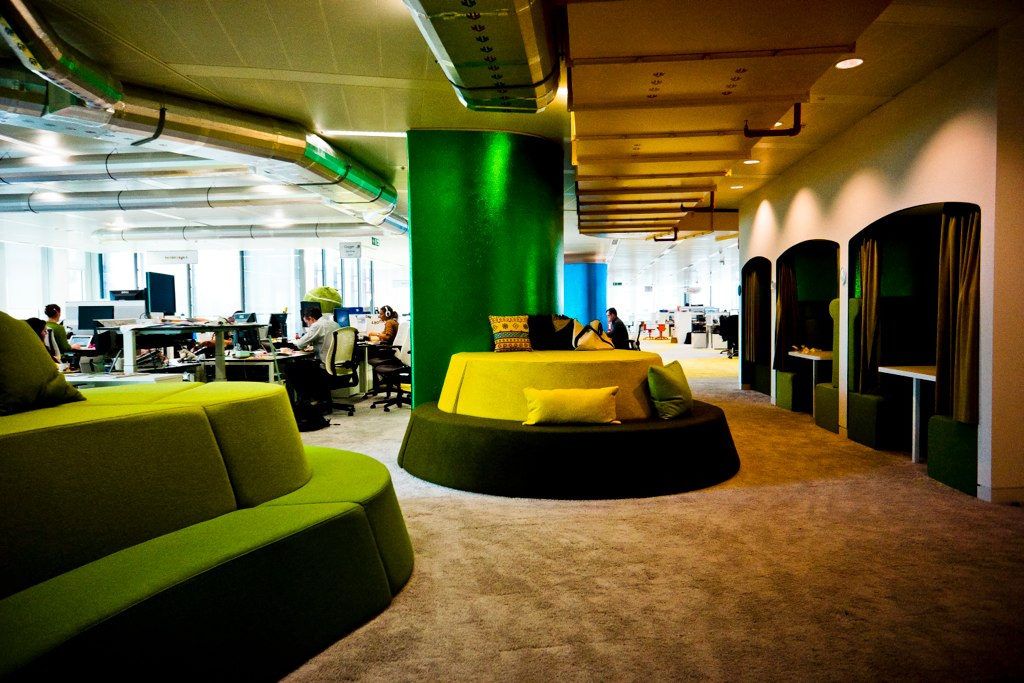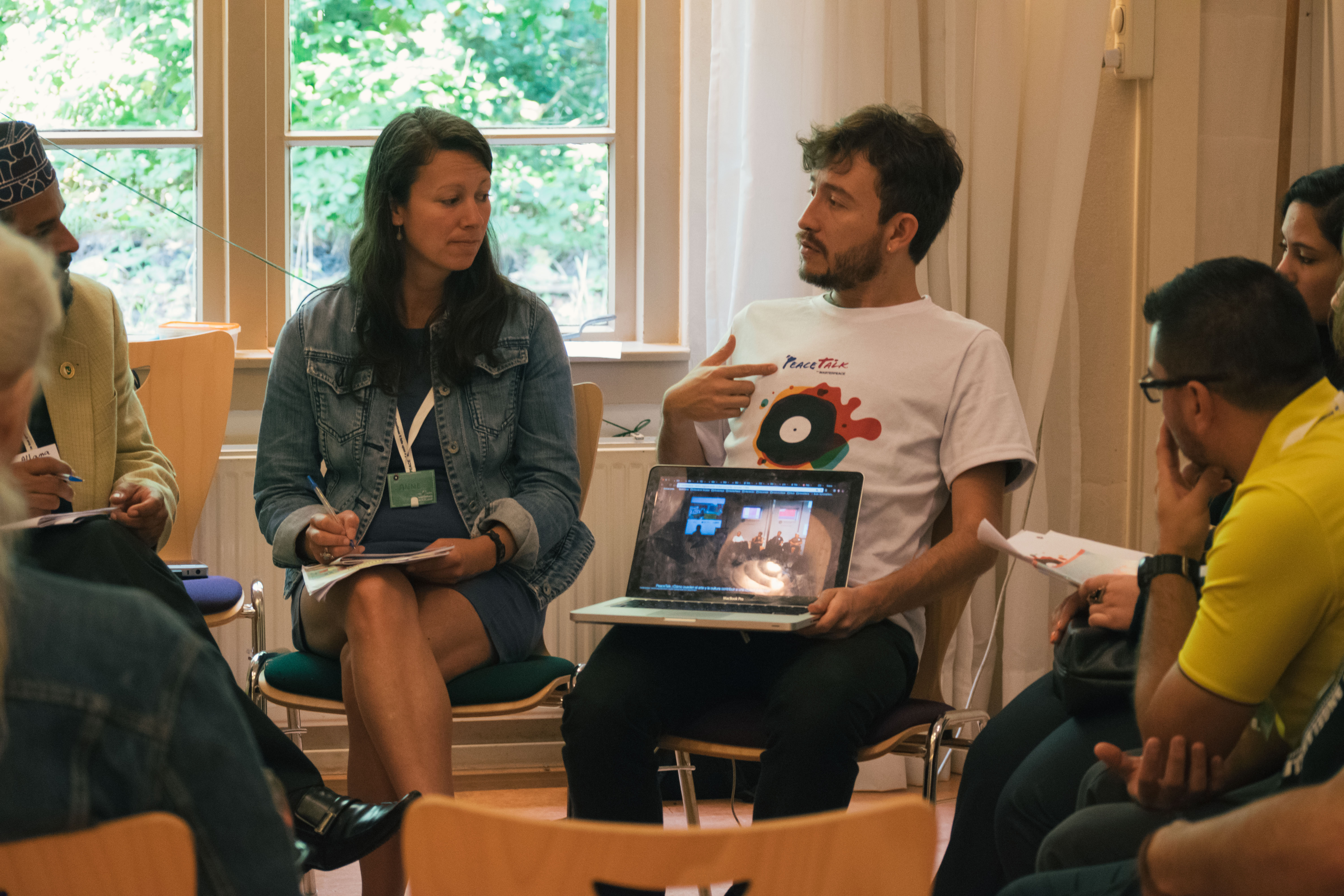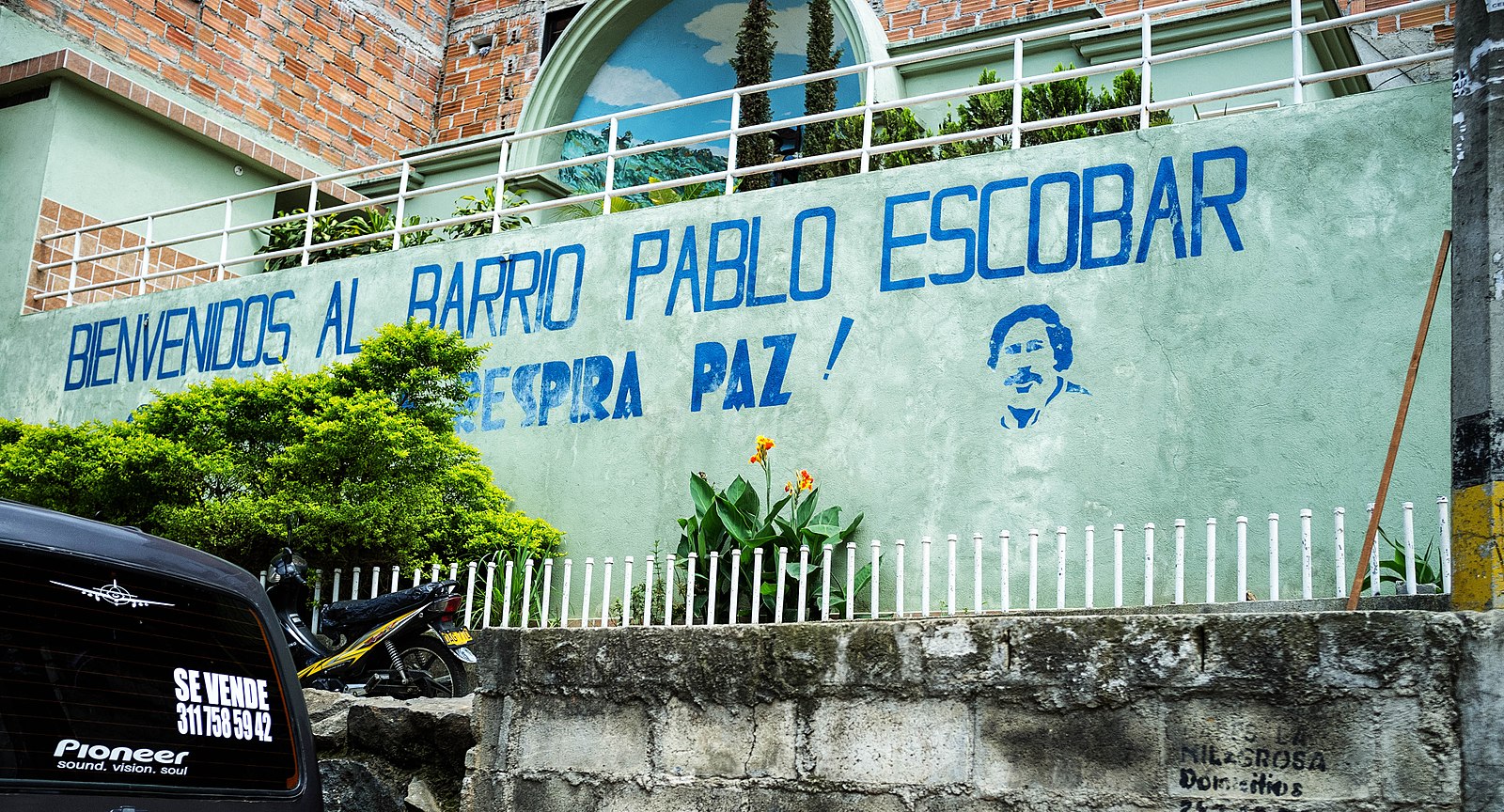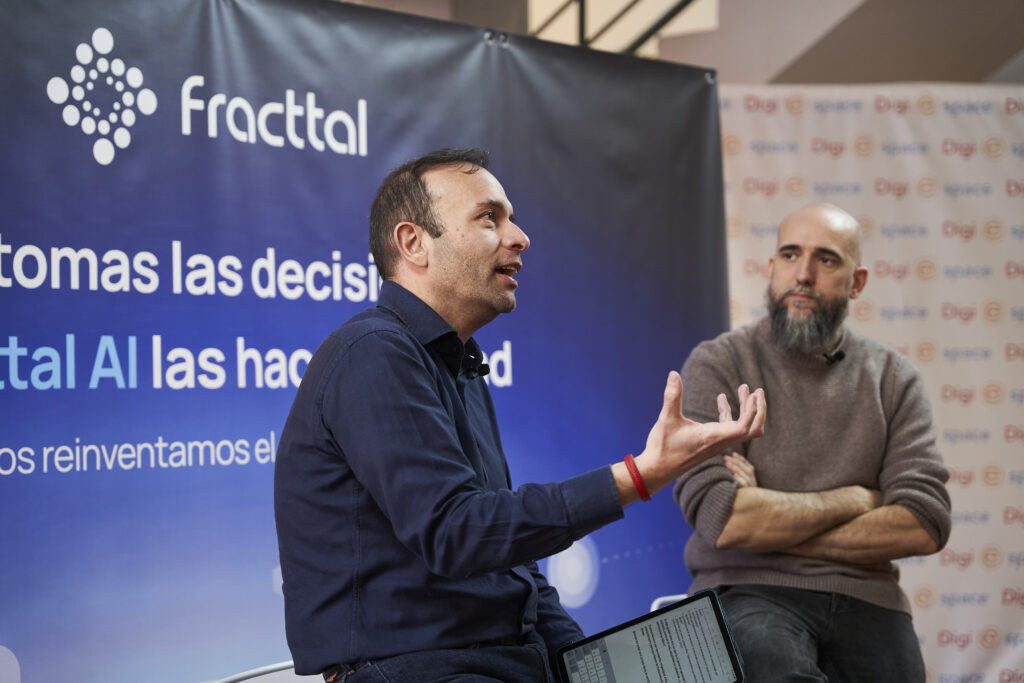It’s no secret that Colombia is an increasingly attractive destination for both tourists and potential entrepreneurs. But with the capital Bogota just an hour’s flight away, and more developed countries such as Chile also staking their claim in the startup market, what has Medellin got that gives it an edge?
First of all, Colombia is one of the few countries on the continent which has enjoyed a steady rate of economic growth, with a 4% annual rise in GDP for the last 15 years. This is a much better economy to work in than Argentina, Brazil or Chile, for example, who have not been so lucky.
Medellin is tucked into a valley in the lush verdant state of Antioquia, with a third of the population of sprawling Bogota. The better quality of life, sunnier weather and cheaper living costs are all factors that have given Medellin a boost in popularity, as well as the burgeoning startup environment which is both less crowded and less competitive than the capital.
Colombia is also a great place to set up a tech startup, as it is the country with the fourth highest internet usage on the continent, with the number of mobile phones already surpassing that of people in the Latin American country.
But creating a good startup isn’t just about where you do it; it’s how you do it that makes the biggest impact. Medellin’s home-grown startup Talos has realised that employing high-quality workers is key, and they’ve adjusted their company culture to make it as attractive as possible to the best talent in the region.
A software development outsourcing startup, Talos has used companies like Google and Facebook, with their famously enticing work atmosphere as inspiration to create a company where people really want to work.

Google Offices Soho, London. Photo by Martin Savarsky.
Social events, office activities and other incentives are not just ways of keeping your staff happy. Company culture is fast being recognised as an intrinsic element of a successful business, and not only because it attracts (and keeps) talented employees.
The company culture is something that is created, but that ultimately forms part of the company’s identity. This makes the values of the company easy to define and helps workers do what is expected of them by following these ever-present core values. It can also have a positive effect on brand identity, because if a company is known for having a fun, generous and exciting working atmosphere, clients are more likely to see the brand as being fun, generous and exciting, boosting both sales and client loyalty.
Entrepreneur magazine carried out a study which revealed that organisations with a rich company culture had a job turnover of around 13.9 percent. However, for companies that haven’t put company culture high on the list of priorities, this figure almost quadruples to 48.4 percent, meaning many more work hours are spent on hiring and training the next influx of employees.
Surveys have also shown that Millennials – now the largest part of the workforce – place company culture higher than almost anything else. Notoriously disloyal in the world of work, this new generation has known only employment uncertainty and is ready to cut and run at any point. In this context, why wouldn’t they choose a job with a lower salary if it offers free beer on Fridays and access to the all-important bean bag?
Maybe this is old news for startup veterans in Silicon Valley, but South America is catching up, moving on from traditional business hierarchy and understanding that company culture is one of the founding elements of a new business. It not only defines the company, but also could be the factor that gives it the edge over the fast-growing number of startups in the region.







